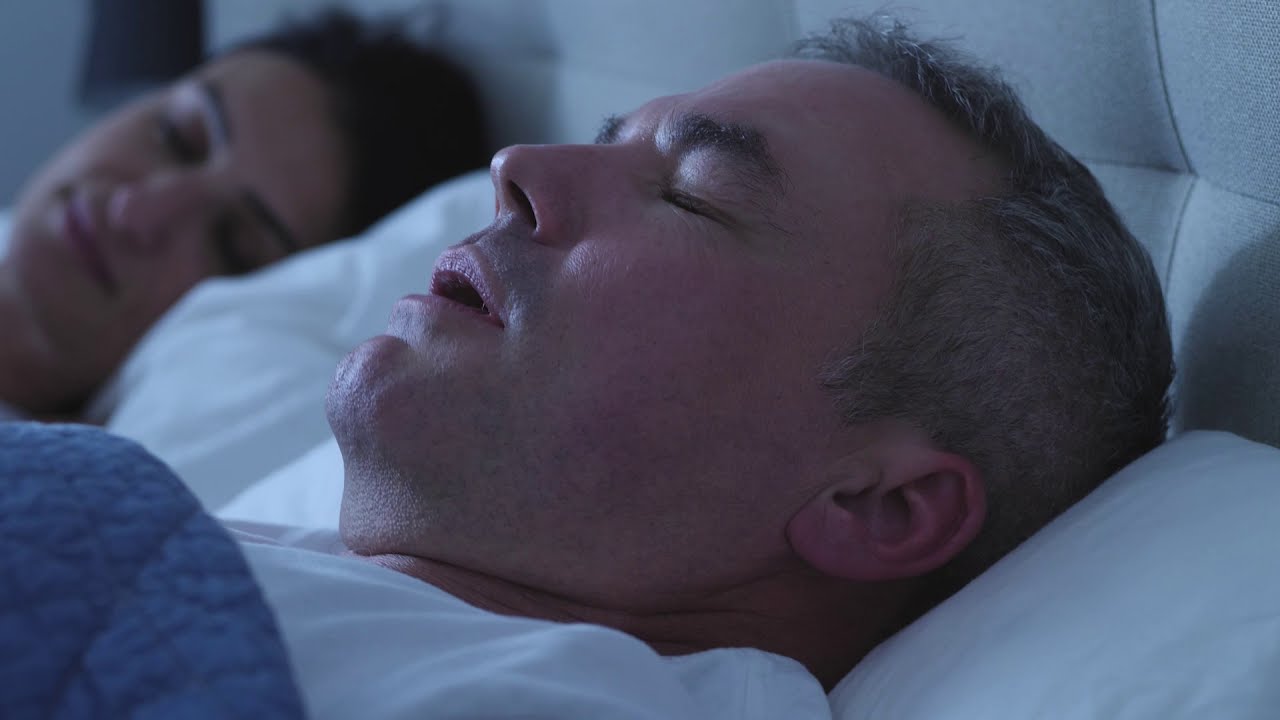Many people have questions about the causes and symptoms of sleep apnea. The best way to answer these questions is to consult your physician. He or she will be able to recommend treatment options. In addition to providing a diagnosis, a doctor may prescribe medications or surgery for mouth breathing.
Causes
The reason why people should avoid sleeping with their mouth open is because it can lead to problems with their teeth. The air that enters the mouth through the open mouth can dry out the mouth and destroy the protective plaque on the teeth. It can also lead to health problems like enlarged tonsils and blockages. If you find yourself breathing through your mouth at night, you should see a GP as soon as possible.
Mouth breathing is a common problem among people, and it has several health implications. People who breathe through their mouths often experience tooth decay and gum disease. Constant air flow on the gums can alter the balance of microbes and allow bacteria to grow. These bacteria can lead to tooth decay and gum disease. A simple solution to this problem is to sleep with your mouth closed at night. However, if your mouth breathing is caused by allergies, you should avoid the allergens that cause the problem.
In one study, patients with NREM-dependent OSA opened their mouths more than those with REM-dependent OSA. However, other factors, such as age and BMI, did not affect mouth opening. The study concluded that NREM-dependent OSA may be partly caused by the physiological mechanism of sleep, causing mouth opening during sleep.
Mouth breathing is associated with poorer sleep, which can lead to headaches and fatigue. It can also aggravate a condition called sleep apnea, a serious sleeping disorder. If left untreated, sleep apnea can lead to depression, weight gain, and high blood pressure. Mouth breathing and sleep apnea can be a deadly combination.
Prevention
Sleeping with your mouth open is a bad habit that can affect your oral and overall health. In addition to causing dry mouth, it can put you at risk of developing tooth decay and other dental problems. This is why you should make sure you close your mouth when you sleep to avoid damaging it.
The first step in stopping people from sleeping with their mouth open is to determine what causes their mouth breathing in the first place. If an allergy is to blame, try to avoid the allergens that are causing your mouth breathing. If you can’t avoid them, try taking antihistamines or other medications to help relieve your symptoms. If these treatments do not work, your doctor may recommend a surgical procedure or medications to correct your mouth breathing.
Another way to prevent people from breathing with their mouths open while they sleep is to use mouth tape. These devices encourage people to breathe through their nose. Mouth tape has been available for about five or seven years, but has only recently become more popular. According to sleep specialist Michael Breus, the main reason for this is that our mouth is meant to eat, not breathe.
Another cause of mouth breathing is lack of oxygen. Mouth breathing occurs when the airway collapses during sleep. Mouth breathing may lead to sleep apnea. Mouth breathing can also cause snoring. The muscles that hold the airway open during the day aren’t activated when we’re asleep. So, tongue exercises can help strengthen these muscles and make them more efficient at maintaining an open airway during the night.
Exercises
If you snore, you may be suffering from obstructive sleep apnea, a serious disorder that can lead to serious health consequences if untreated. Fortunately, there are various treatments for sleep apnea and mouth exercises are among them. These exercises are similar to those used in speech therapy, and they can help you improve your breathing while you sleep.
These exercises focus on improving the muscles of the mouth and throat that are involved in breathing. They can also stabilize the airway during sleep. You can practice these exercises by repeating a vowel sound a few times a day. Performing these exercises regularly can improve your sleep quality and your response to CPAP therapy.
In order to find out whether these exercises are helpful, you should try them for three months. Ideally, you should try them twice or three times per day. You don’t need to have any special equipment to perform the exercises. Try doing them for at least 10 minutes twice or three times a day.
Another way to improve your oral health is by performing tongue exercises. These exercises help strengthen the tongue and facial muscles, which can prevent snoring and improve posture. Sticking your tongue outward and then pulling it back in will help your jaws develop more tone and strength.
While you’re practicing tongue exercises, remember to hold each position for at least five seconds. This way, you’ll avoid clenching them. The exercises should be done while sitting or standing. If you feel pain during the exercises, stop and seek medical attention immediately. Performing them too often can lead to problems with your mouth and jaw.
